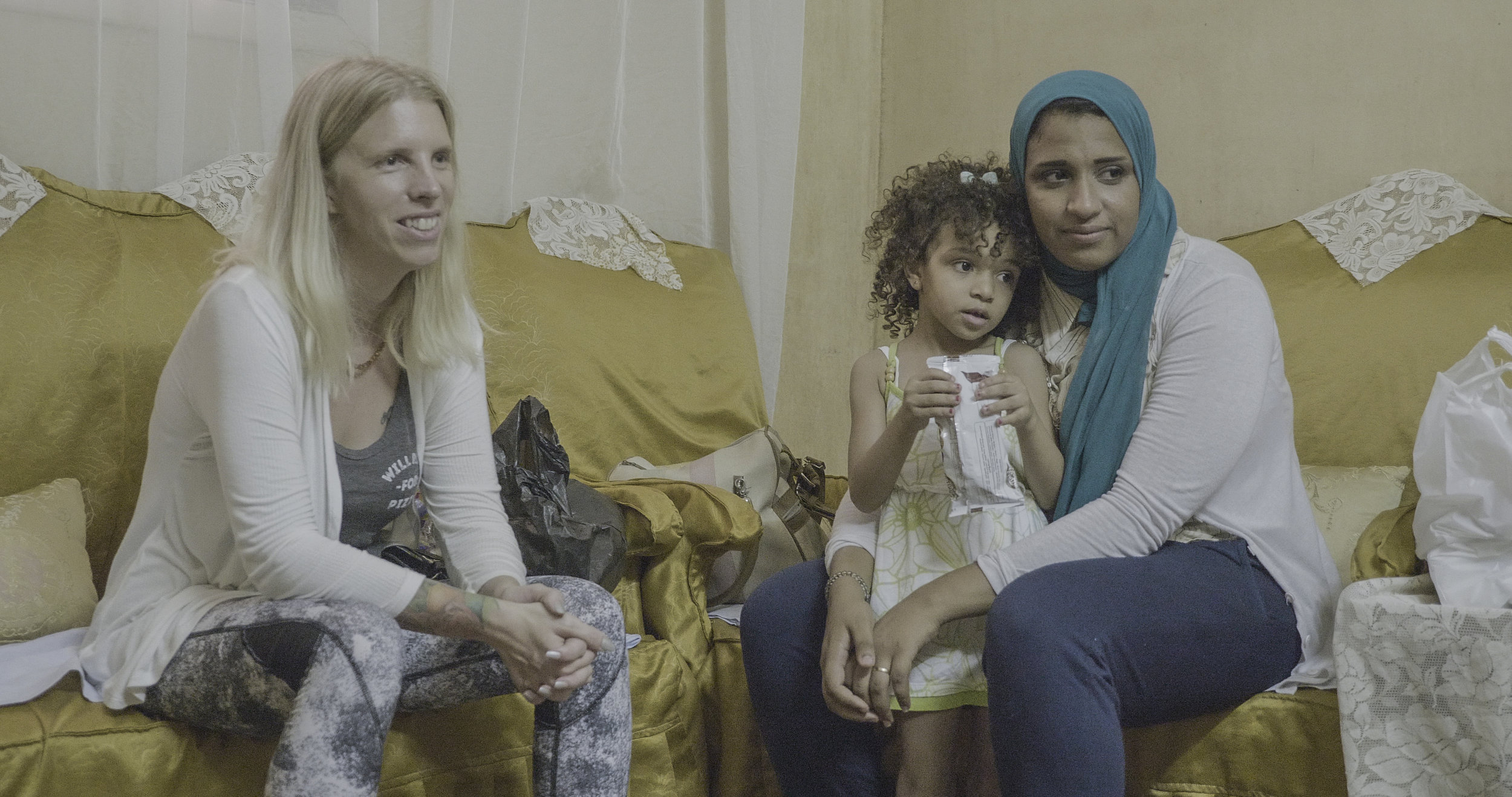
Tarek Mounib, the producer and coordinator of Free Trip to Egypt, is a Canadian-born Muslim entrepreneur and filmmaker who had an idea. Largely because of the way they are portrayed in the media, he felt that many people have such a skewed view of Middle Eastern countries. So, Mounib decided that he wanted to bring a group of Americans on a free trip to Egypt to expose them to the real people and culture of the country.
The website for this film perfectly describes Mounib?s drive for creating such a film. ?Having long been fascinated with fostering a sincere dialogue and a better understanding of different points of view, his recent focus has been on creating projects that contribute to the well-being of humanity and bringing people of various backgrounds and cultures closer together.?
Says Mounib, ?The film for me is not about making any group look good or bad. It is about seeing what magic can occur between people when we connect at a human level.?

I felt that the experiences had in this film largely resulted in the breaking down of barriers, understanding of others, and hearts being opened. But not entirely.
What disappointed me the most about this documentary was the behaviour of some of the Americans (and more specifically the Christians) in the group. In one example, Jason, one of the men, comes across as insensitive and ignorant on several occasions. He laughs when he sees that one of the family members he was being paired with wore a niqab. He pokes fun at one of the Muslim hosts works in an American call centre by essentially calling his employment un-American. He even laughs during a Zar ceremony. To me, his actions completely defeated the purpose of the trip. He comments on the commitment that the Egyptians have to the Muslim faith, stating that some Christians could learn from it. Despite this, it doesn’t come across as though the trip had much of an impact on him. He says that he believes in ?Jesus, God and love. That?s it.? Considering his views and watching his contrasting behaviour left a bitter taste in my mouth.
In one fascinating moment, the film shows a snippet of a religious conversation between Tarek and Jason, where Tarek enquires about the belief that no one else can have such a powerful experience outside of the parametres that Jason experiences them in. He uses the example of Buddhists and Muslims who have engaged in ?powerful, mystical, deeply peaceful, transformative experiences?. I found Tarek’s perspective quite powerful. How is it fair for someone to discredit someone else?s experience because it originated from an entity that we may not believe in or have a connection with?

On the more positive side, two of the women in the group, Ellen and Katie, experienced deep connections with some of the Egyptian women they met. These were incredibly moving moments to watch. For instance, in one poignant moment, Ellen meets a mother who has raised a Muslim son and a Christian daughter due their respective fathers being of differing religious views. Ellen is moved by the sacrifices that this woman had made for her family. They hug, kiss, and say they loved each other. “She’s my kind of woman,” Ellen admits. It’s a fascinating bond.
While talking to the family she was paired with, Katie breaks down and begins discussing her special needs child and the trauma that he experienced. Through lots of tears, Katie is comforted by the other Egyptian women in the room. This moment is so powerful because it shows women supporting women. Suddenly, women of different backgrounds who are essentially strangers, yet can feel the pain and understand the need for love have been brought together in incredible ways.
Free Trip to Egypt takes an unexpected turn closer to the end that makes the viewer realize what’s really important in life in sobering ways. Tarek should be commended for bringing this journey to life and, hopefully, he does something similar in the future as experiences like this teach us all many important lessons.




